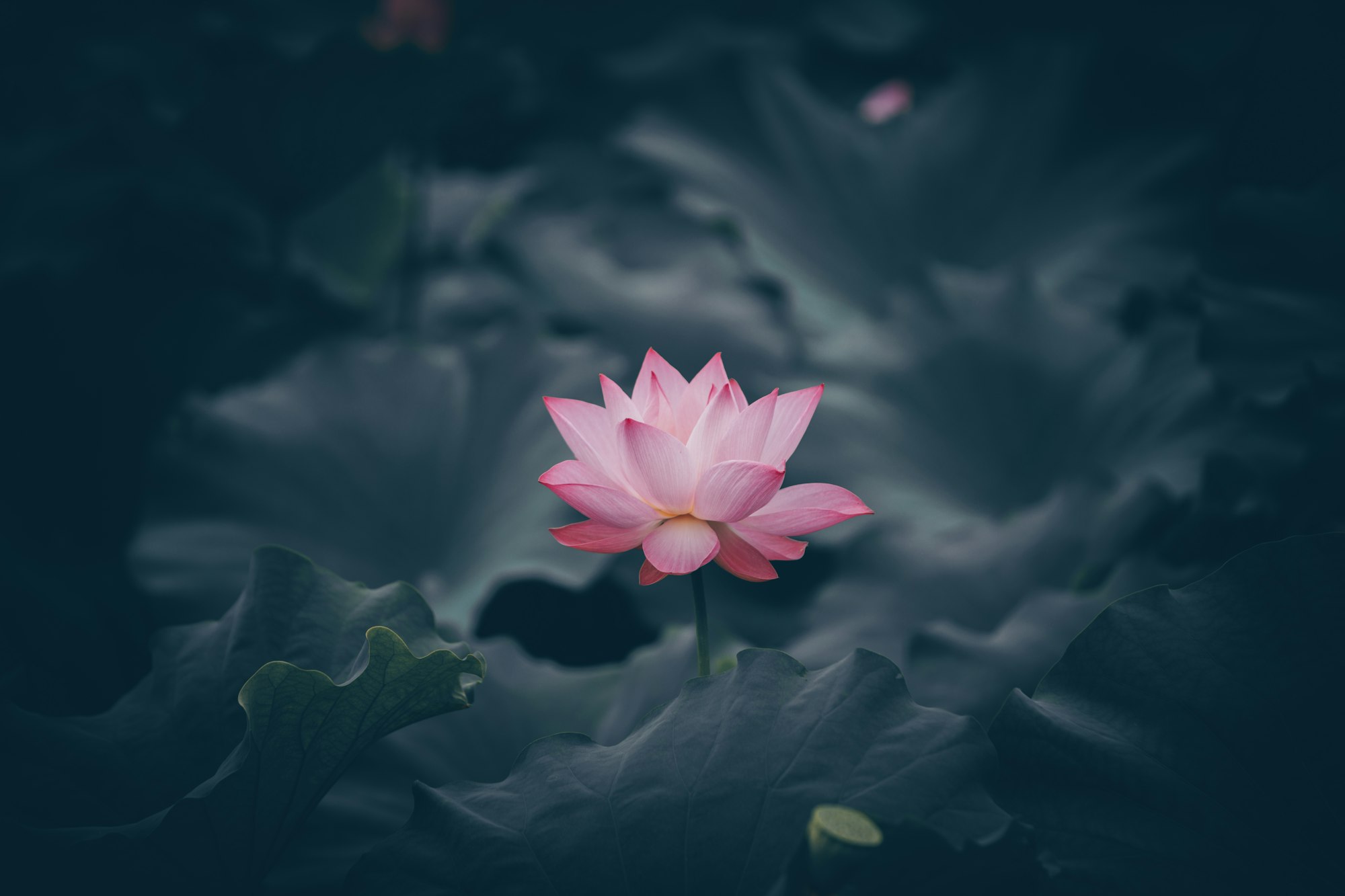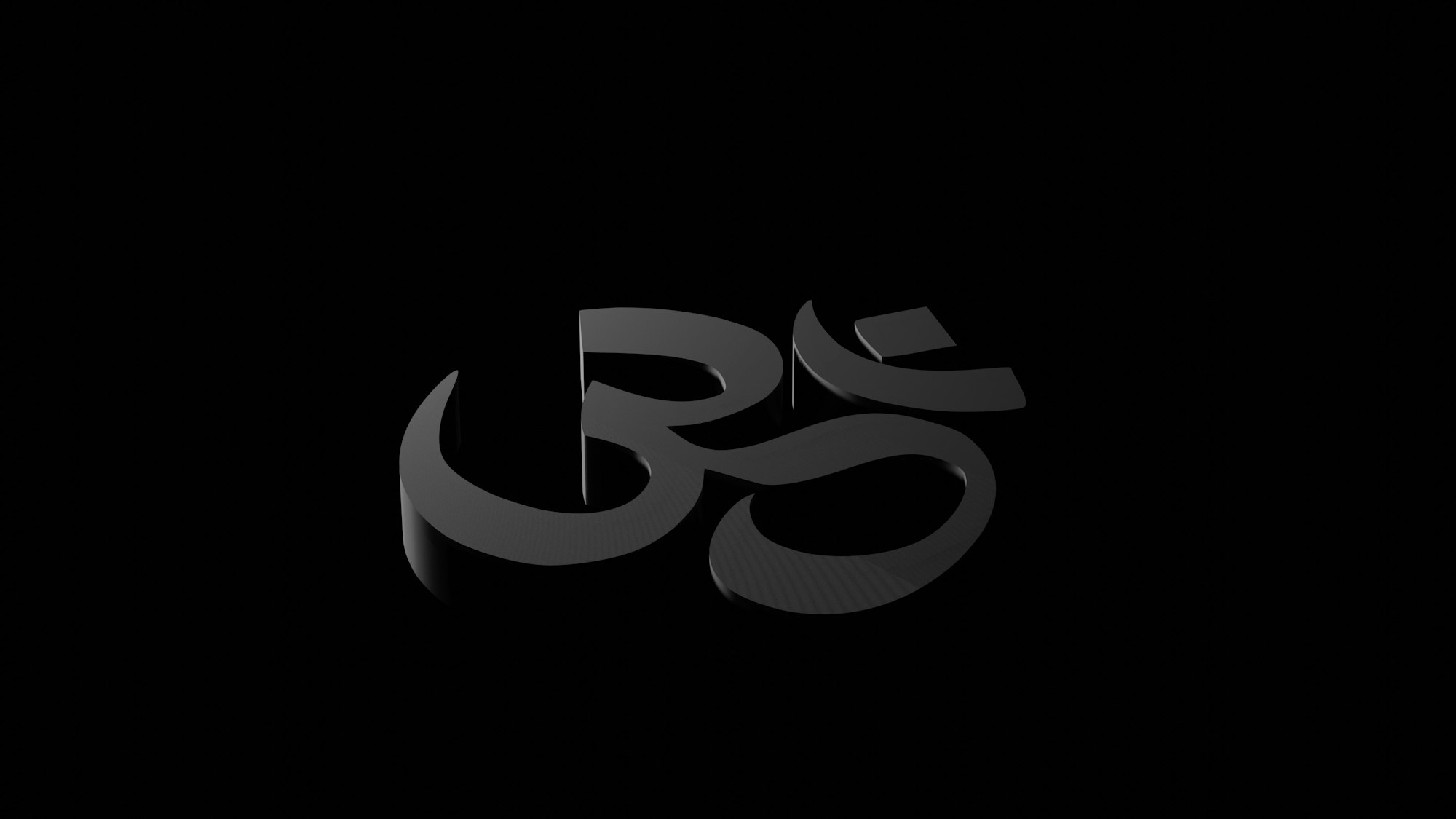There are statements from the scriptures which strongly suggest that Brahma is the personified Brahman.
First, who/what is Brahman and what is the definition of Brahman? This is what the Taittiriya Upanishad says on this matter -
Taittiriya upanishad 3.1.3 taṃ hovāca | yato vā imāni bhūtāni jāyante | yena jātāni jīvanti | yatprayantyabhisaṃviśanti | tadvijijñāsasva | tadbrahmeti || 3 ||
To him, verily, he said: Whence indeed these beings are born; whereby, when born, they live; wherein, when departing, they enter; That seek thou to know; That is Brahman.
Thus, brahman is the creator, the one who sustains, and the one into which all beings enter after departing.
This is more or less what the Mundaka Upanishad says about Brahma.
Mundaka upanishad 1.1.1 oṃ | brahmā devānāṃ prathamaḥ saṃbabhūva viśvasyakartā bhuvanasya goptā | sa brahmavidyāṃ sarvavidyāpratiṣṭhāmatharvāya jyeṣṭhaputrāya prāha || 1 ||
Brahma was the first among the Devas, the creator of the universe, and the protector of the world. He taught the knowledge of Brahman, on which all knowledge rests, to his eldest son Atharva.
As Brahma is the creator and protector of the universe, and as He is the first among the gods, he is none other than Brahman personified.
The above quote also suggests that Brahma is the first guru (teacher), who has knowledge of Brahman. One who has knowledge of Brahman is none other than Brahman. This is because the Mundaka Upanishad says that one who knows Brahman becomes Brahman.
Verse 3.2.9 sa yo ha vai tat paramaṃ brahma veda brahmaiva bhavati nāsyābrahmavitkule bhavati |….
He who knows that highest Brahman becomes even Brahman…
The above also suggests that Brahma is the personified Brahman.
This is confirmed by further statements in the Mahabharata, praising Brahma as the supreme God. Below are the words of Sesha to Brahma in Mahabharata Adi parva 1.32.20 -
sheSha uvAcha|| yathAha devo varadaH prajApati;rmahIpatirbhUtapatirjagatpatiH | tathA mahIM dhArayitAsmi nishchalAM; prayachCha tAM me shirasi prajApate || 20||
The highlighted words indicate that Brahma is praised as the Lord of all humans (prajApati), Lord of the earth (mahIpati), the Lord of all beings (bhUtapati), and the Lord of the universe (jagatpati). Please note the context of the above verse is a discussion between Brahma and his devotee Sesha, so all the above epithets are applied to Brahma.
Similar praise is found in Mahabharata, Adi parva 1.36.22 -
sa devaM paramIshAnaM sarvabhUtahite ratam | brahmANamupatasthe vai kAle kAle susa.nyataH || 22||
In the above, Brahma is praised as the supreme God (paramIshAnaM), who benefits all beings (sarvabhUtahite ratam).
Again, Valmiki Ramayana praises Brahma as the supreme God here (2.22.11) -
2022011a sarvalokaprabhur brahmA bhUtabhartA tatharSayaH 2022011c ye ca zeSAH surAs te tvAM rakSantu vanavAsinam
In the above, Brahma is praised as the Lord of all worlds (sarvalokaprabhu) and the supporter of all beings (bhUtabhartA). Once again, going by the definition of Brahman given by the Taittiriya Upanishad, the above quotes show that Brahma perfectly fits this definition.
In conclusion, there are statements in both the Upanishads and the Mahabharata/Ramayana, which show that Brahma, as the supreme God, is the personified Brahman.


